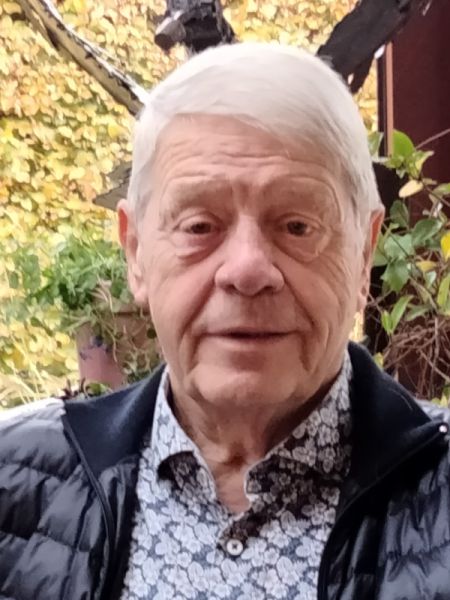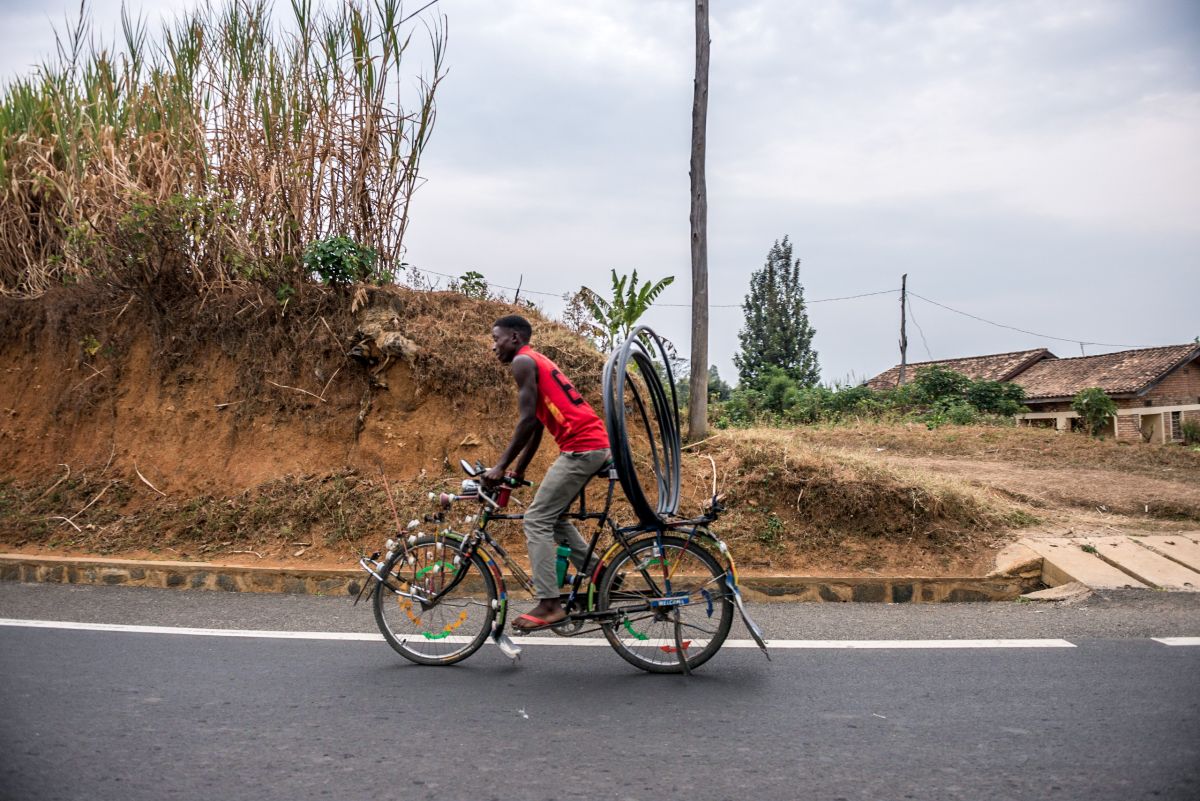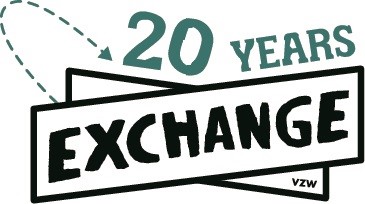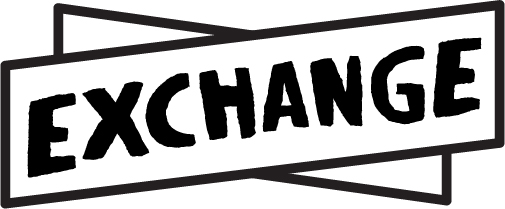
Keep moving forward
Karel Huysmans is the founder of Exchange. On the occasion of its 20th anniversary he wanted to share with us how our organization came to be, what the priorities were at the time, and how he sees the future: "I'd like to see Exchange become redundant in the long run. Every organization like ours should cherish that desire. But only if we join forces with like-minded partners," says the founder.
"The idea originated in the Netherlands, where I worked for V.N.U. (Verenigde Nederlandse Uitgevers), which was the largest publisher of public magazines (Libelle, Flair, Story, Humo). Through my contacts in the Netherlands I ended up at NMCP (better known as PUM).
At their request, I traveled to Ethiopia in 1998, just after the revolution. There was a lot of work but I helped them to develop the media business, with the additional objective of integrating market-oriented thinking into the work.
At their request, I traveled to Ethiopia in 1998, just after the revolution. There was a lot of work but I helped them to develop the media business, with the additional objective of integrating market-oriented thinking into the work.
The second assignment went to Zimbabwe where I became even more aware of the fact that we should not do the work ourselves, but transfer knowledge so that entrepreneurs in the South can make their own decisions. A second observation was the unimaginable creativity in Africa, despite all the barriers and concerns. When there are opportunities, people go for it, with the resources they have. That opened my eyes, because here was something to learn for myself.
The cell phone, which suddenly appeared everywhere - down to the smallest village - also had an enormous impact. Africa suddenly saw the world as it existed with us. There grew a self-awareness and a desire to take control of the future in a different way.
There I made the reflection that creating employment would become very important, so that a certain level of welfare could be organized. In cooperation with the North? Yes, but on an equal basis, with respect for everyone's individuality and specific qualities.
Back home, I found it logical to think whether Belgium could also do nothing. Learning from each other shoulder to shoulder, in order to strengthen yourself and the other. At the same time the PUM asked me to develop a project on that base in Belgium with which they could cooperate. I went to work on this idea. However, in 2001 my idea did not immediately get a foothold, there were many questions but I could not find the money.
Some national organizations at first did not want to offer financial support with the exception of the VKW (now Etion). They gave no money, but space, thought and appealed to their relationships. That was the first step.

Then I came into contact with Incofin, which had projects in several countries, and thus employees with whom I could build contacts. I also found "Engineers Without Borders (IZG)" on my way, and they were very enthusiastic.
With these partners I went to the government, but for two years I got little or no response. At the office of Flemish Minister Paul Van Grembergen - the then Minister for Development Cooperation - I promised to realize ten projects within the year. He said "yes" to this proposal. We finally had a basis to start. We made that start with Incofin, who not only brought in their contacts from the South, but also seconded a manager, Mieke Winne.
At the time, Exchange consisted solely of volunteers who wanted to share their knowledge, but now our organization has evolved. Now they are experts who volunteer their services in the South. An important and good transformation in my opinion.

However, ten years after its founding, we found that there was nevertheless also improper use, and that some volunteers were not doing what they were supposed to do. That was not an easy period in our history. We quickly dealt with it. I then decided that it was time for renewal and after ten years I passed on the torch. Dirk Vyncke then took over as Chairman of the Board of Directors. We then abandoned the project-based work. The inspiration of current director Frank Foulon to opt for a process-based approach brought a new wind of change to the organization.
The advantage of working "trajectory-wise" was and is that we involve different people at each step. In the beginning of a project you simply have different needs, and therefore different people.
The openness from the Flemish business community was not great then and is still not evident, but I am positive. Whereas entrepreneurs used to be more focused on profit maximization, they now opt more for a combination of "profit, sustainability and shared expertise." In other words, "entrepreneurs in the North who opt for Exchange, and thus for cooperation with African entrepreneurs, believe in the unique qualities of African entrepreneurship." They see in this, rightly, opportunities for themselves and the South.
I am still active and I am obviously very proud of what everyone in this story has accomplished. My greatest hope is that a platform of like-minded organizations can emerge in the coming years. Without losing our individuality, that is the best way to go. In addition, I hope that we can convince the government and the broader business community of this form of South-North collaboration.
To all the people who have worked with us in the past and now, I would like to give this message: "we are successful, I believe in the way we are working, but my deepest wish is that in the long run we can make ourselves redundant. That should be the goal of every organization like ours. Congratulations on your efforts and let's continue to build this beautiful story together."
Thank you Karel Huysmans. Together with him we want to celebrate and continue working in the coming year. Together with you, we will continue to build this exciting story!

